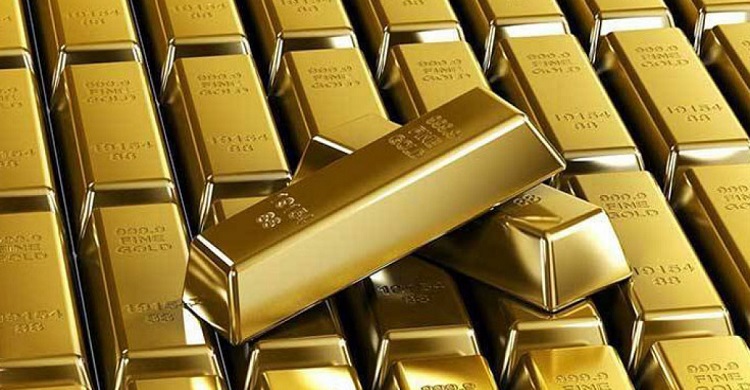
- Financial
Many banks are reluctant to endorse dollars in passports
- Financial
- 21 December, 2023 09:23:11
News Desk: At the end of the year, many people are going to travel abroad. The number of going for Umrah has also increased. Many people have bought cash dollars and kept them at home due to the increase in prices. As a result, the demand for cash dollars is relatively high.
In this situation, many banks show reluctance in dollar endorsement in passport to go abroad. Some banks are charging up to 3 percent service charge to discourage. Despite this, the bank does not receive dollars without lobbying. Instead of moving from one bank to another, you have to buy dollars from the open market at a higher rate. Money changers often do not match dollars. Even if available, the price is very high.
Bankers said that most of them come to the bank for endorsement while going outside the country. And after coming back from abroad, they sell it in the open market or money changer hoping to get a higher price. Some buy more dollars than they need when they go abroad, hoping to sell them at a higher price when they return. There is a shortage of cash dollars in banks.
Apart from this, the supervision of the central bank has been strengthened a lot. As a result, banks are now very cautious about dollar endorsements. Customers are being told there are no dollars or being charged more than before to discourage them.
Those concerned said that many people bought cash dollars and kept them at home due to various reasons including upcoming elections. Bangladesh Bank has taken various initiatives to return the retained dollars to the bank. It has been instructed to pay more than 7 percent interest if dollars are kept as open RFCDs in foreign currency after returning home after traveling abroad. No matter how few dollars a person takes while traveling abroad, he will get this interest by depositing $10,000 as RFCD back home. Again, expatriate Bangladeshi beneficiaries will also get the same interest by opening an account in foreign currency and depositing dollars.
Syed Mahbubur Rahman, managing director of Mutual Trust Bank, said that due to the closure of schools and colleges in December, many people went to travel outside the country. Now many people are going to perform Umrah. This increased the demand for cash dollars. However, he did not hear about any major crisis.
According to the data of Bangladesh Bank, the banks now have about 2.8 million dollars in cash. The cash dollar amount has been like this for several months. Earlier many times the amount of cash dollars with the banks was more than three crores. However, due to the extreme crisis, the balance with the bank fell below one million dollars last year.
According to the information received, the dollar has now been sold at 122 to 123 taka in the open market. It has been selling at the same price for quite some time. In the light of the central bank's instructions, the money changers are announcing the buying price of 113 taka and the selling price of 114 taka 50 paisa. However, it is difficult to get dollars at the announced rate. And the banks are buying and selling dollars at 113 taka and 114 taka. However, most private sector banks charge 3 percent service charge and 15 percent VAT on endorsements. Due to this, the price of the dollar fell above 117 taka.
AKM Ismail Haque, president of Money Changers Association of Bangladesh, said that the dollar rate has been stable for quite some time. Some relief has returned to the market, especially after receiving the second tranche of the IMF loan. Now the declared price can be bought at 113 taka and sold by adding one and a half taka to it.
At present, the exchange rate of the dollar is announced by the Bangladesh Bank, BAFEDA, the association of banks dealing in foreign currency and ABB, the association of bank chief executives. Amidst the crisis, in the last three rounds, 1 taka per dollar has been reduced to 109 taka 50 paisa in exports and remittances and 110 taka in imports. Although many banks are buying dollars from foreign exchange houses at the rate of 120 to 122 taka. Taking bids up to 125 taka for import. This means declared bid is invalid. But there is no fresh volatility in the market.
Bangladesh Bank will go for a new system to determine the dollar exchange rate after the elections. Where a maximum percentage fluctuation will be fixed by announcing a rate in line with the market. The central bank has started work on introducing the new system on the advice of the IMF. However, it will not be completely left to the market.
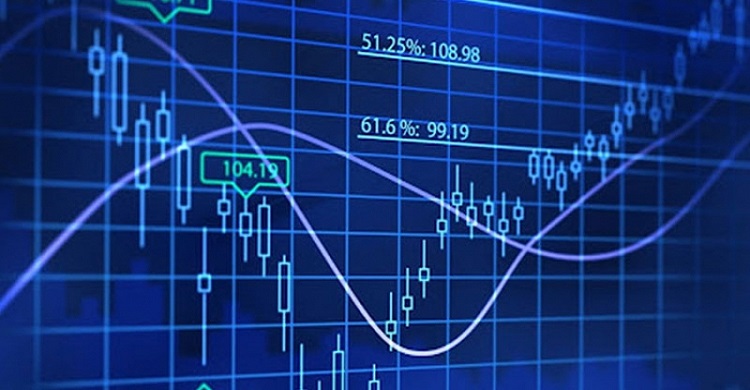
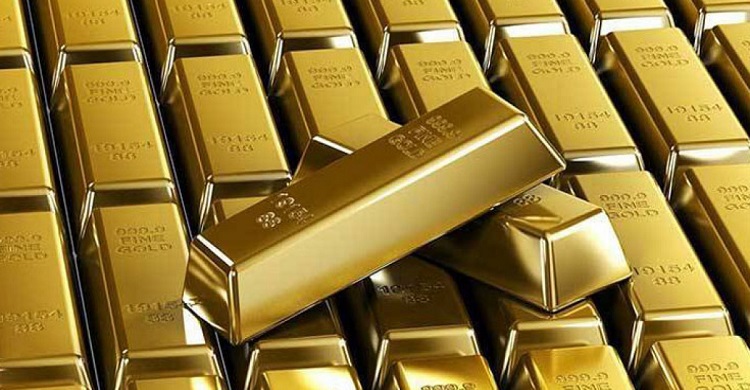
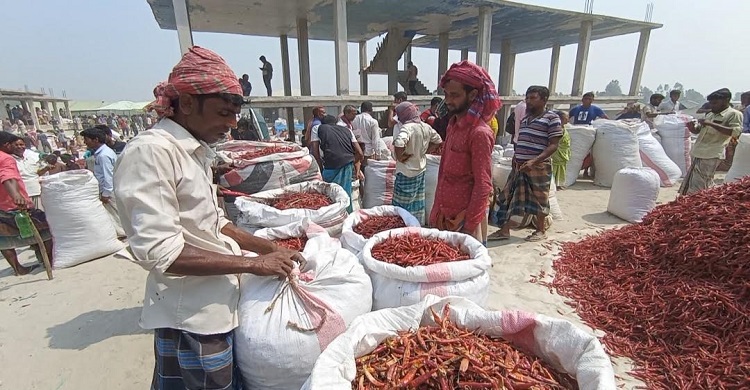
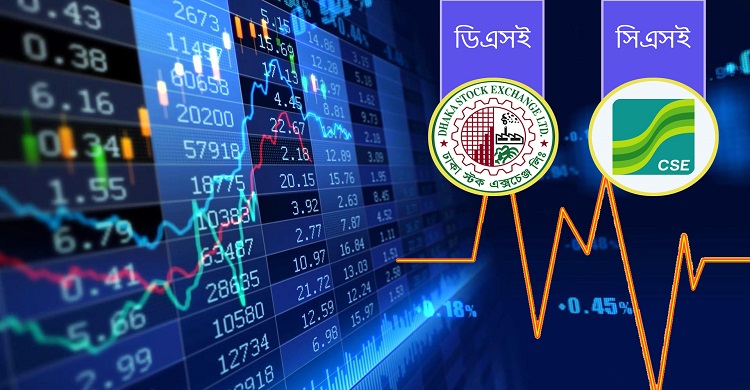
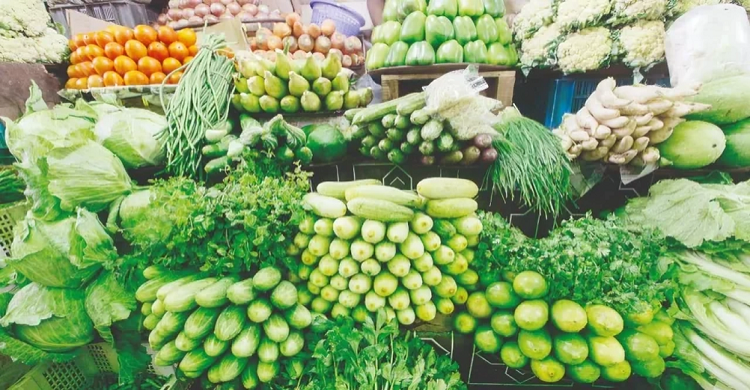
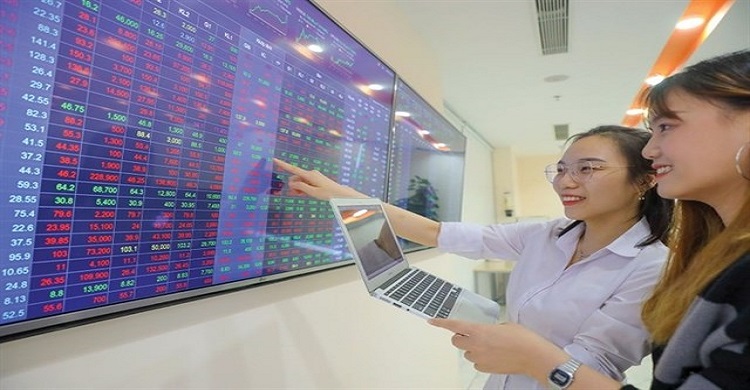
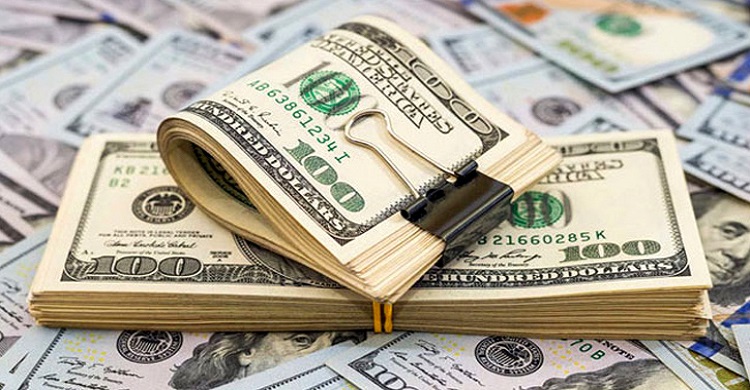
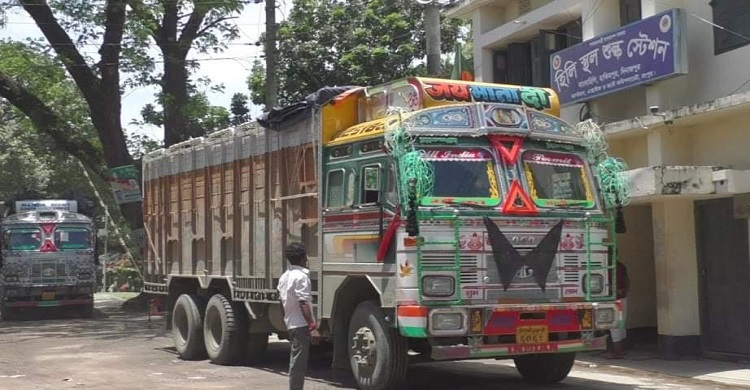
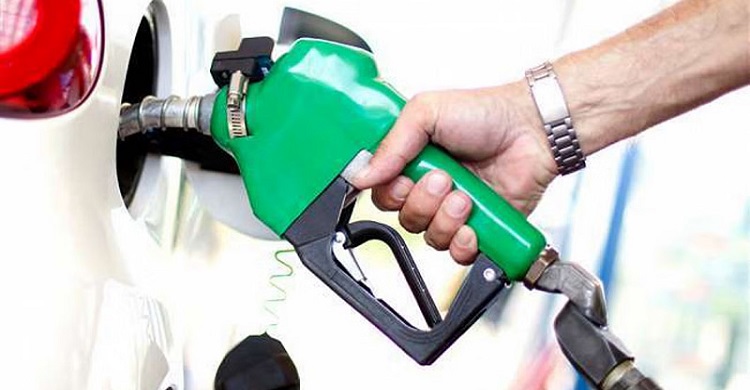
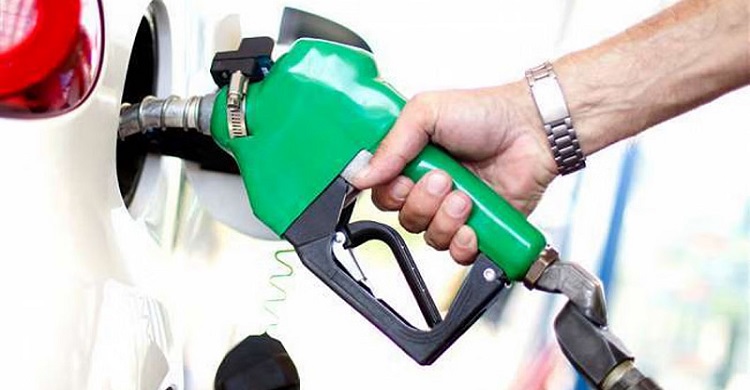
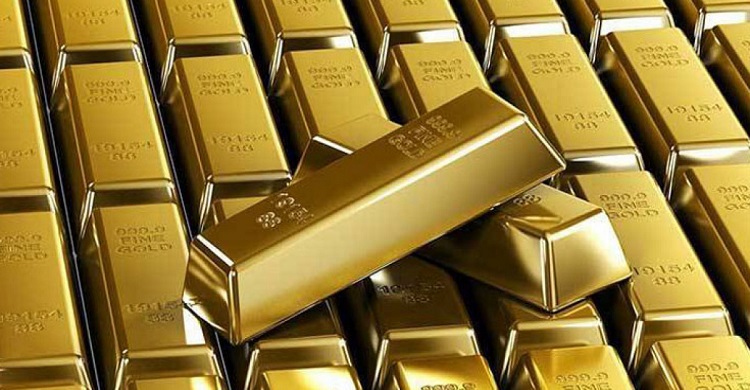


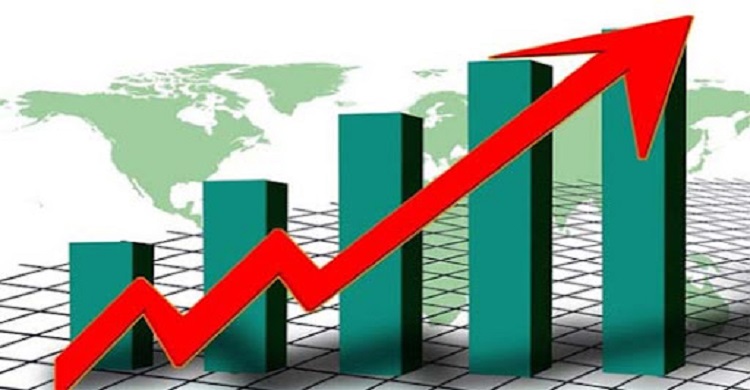


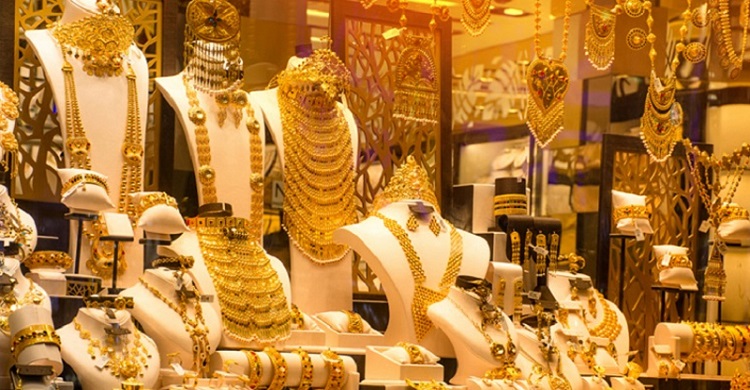
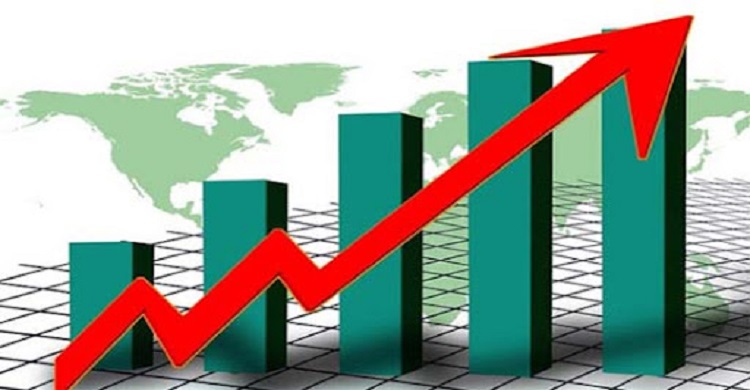
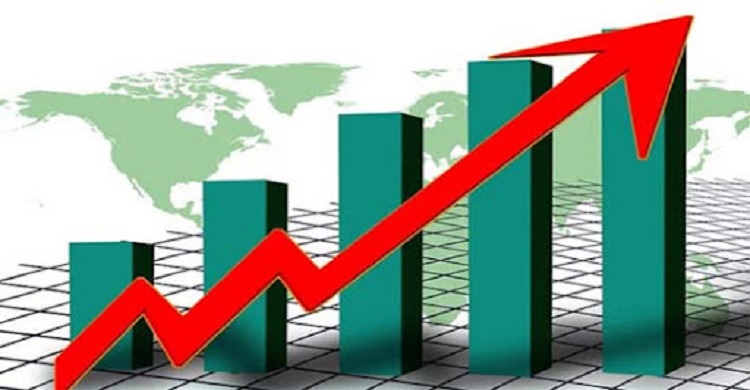
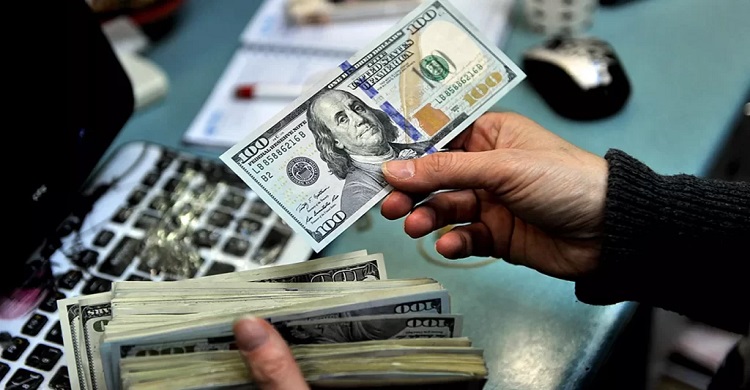

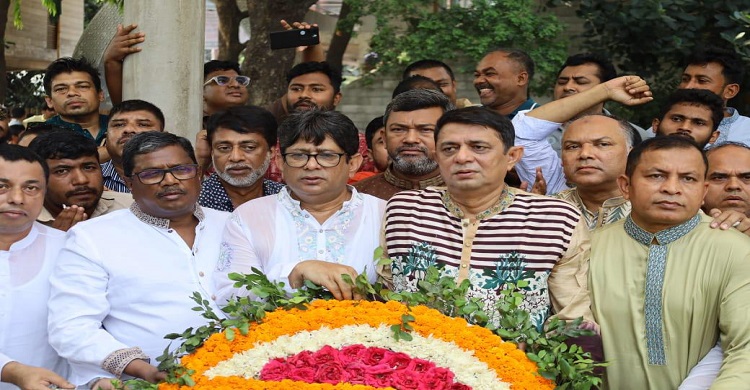
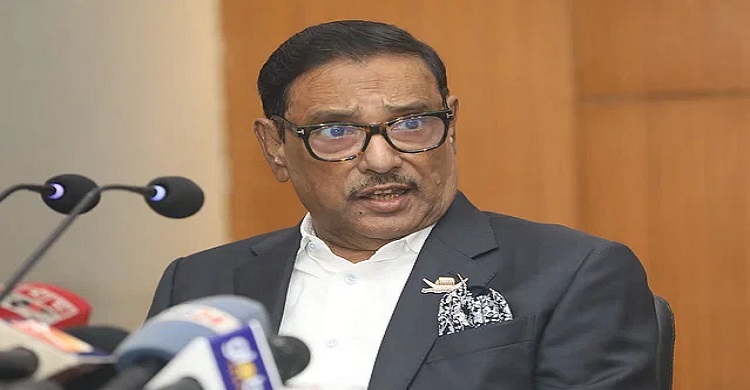
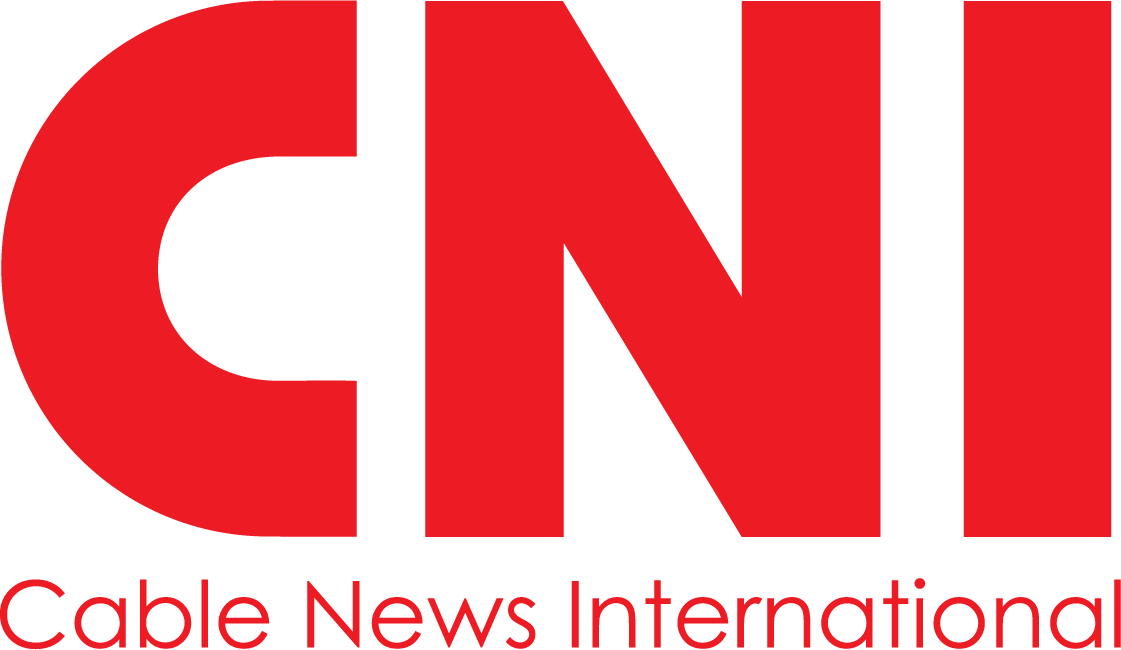



Comment ( 0)